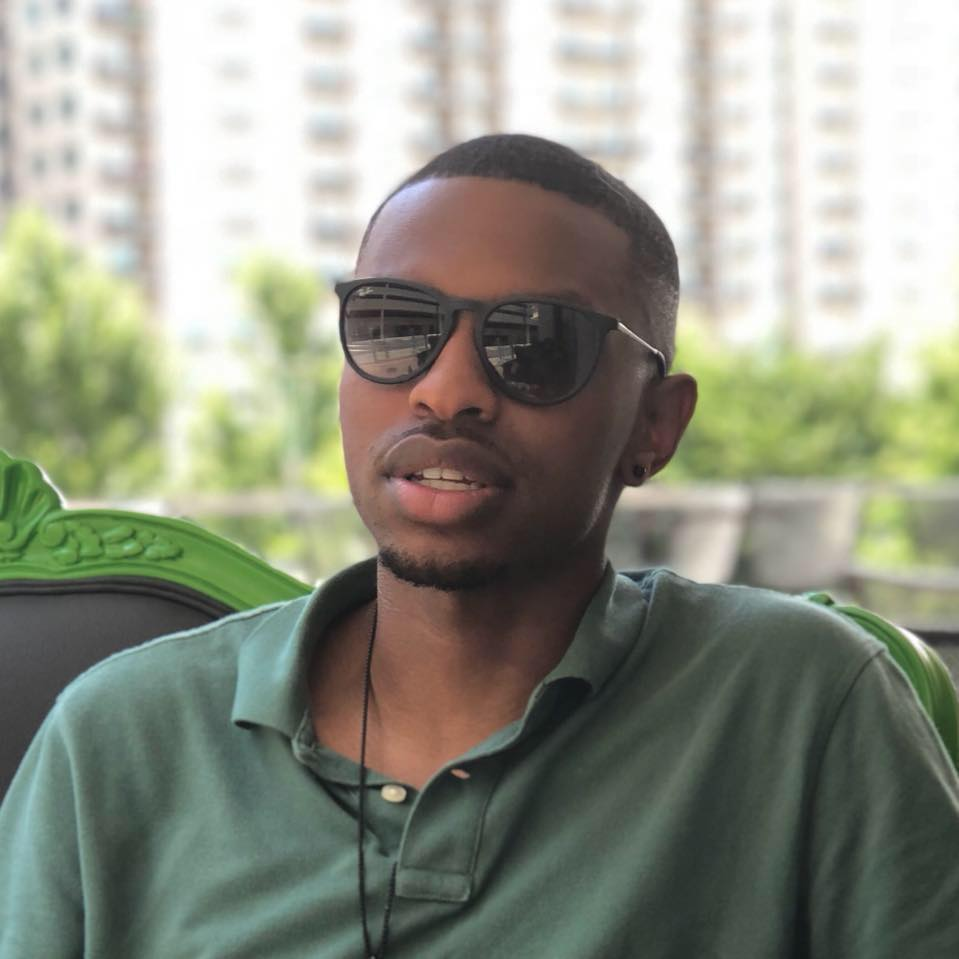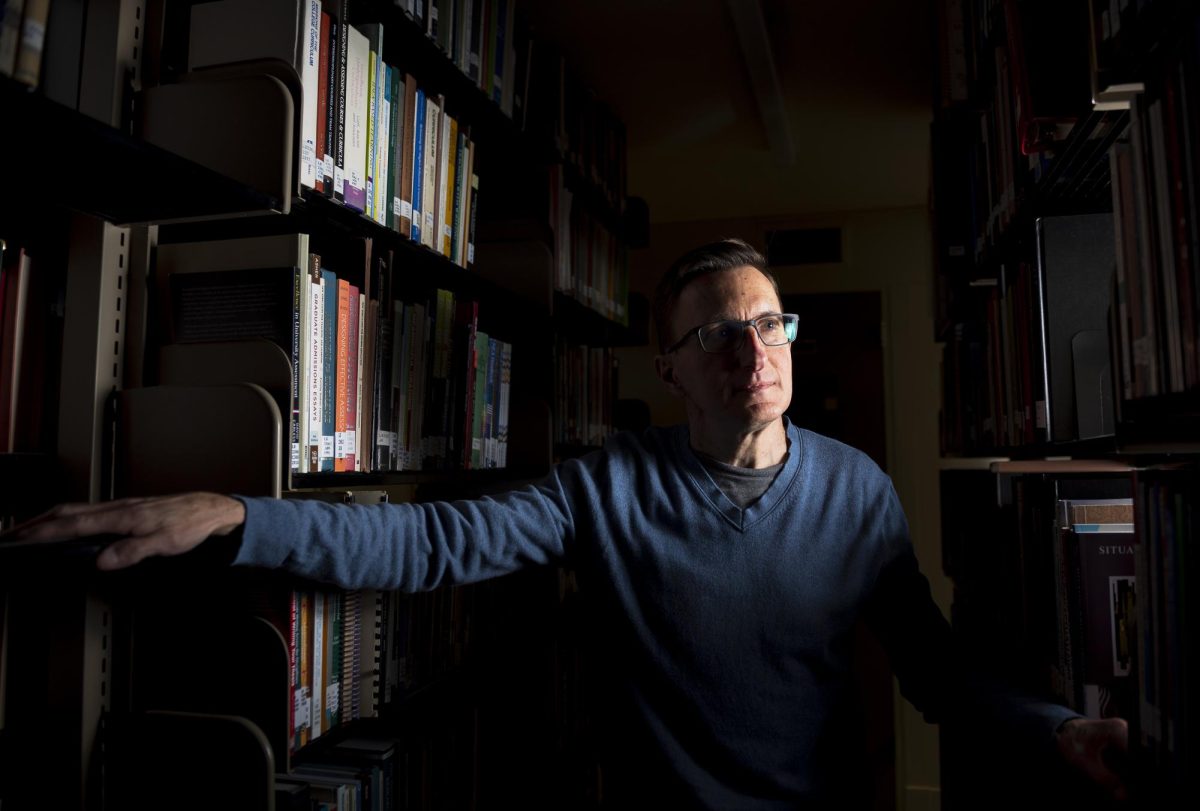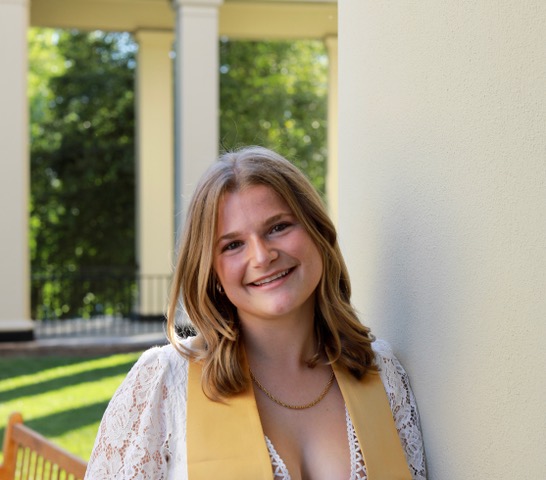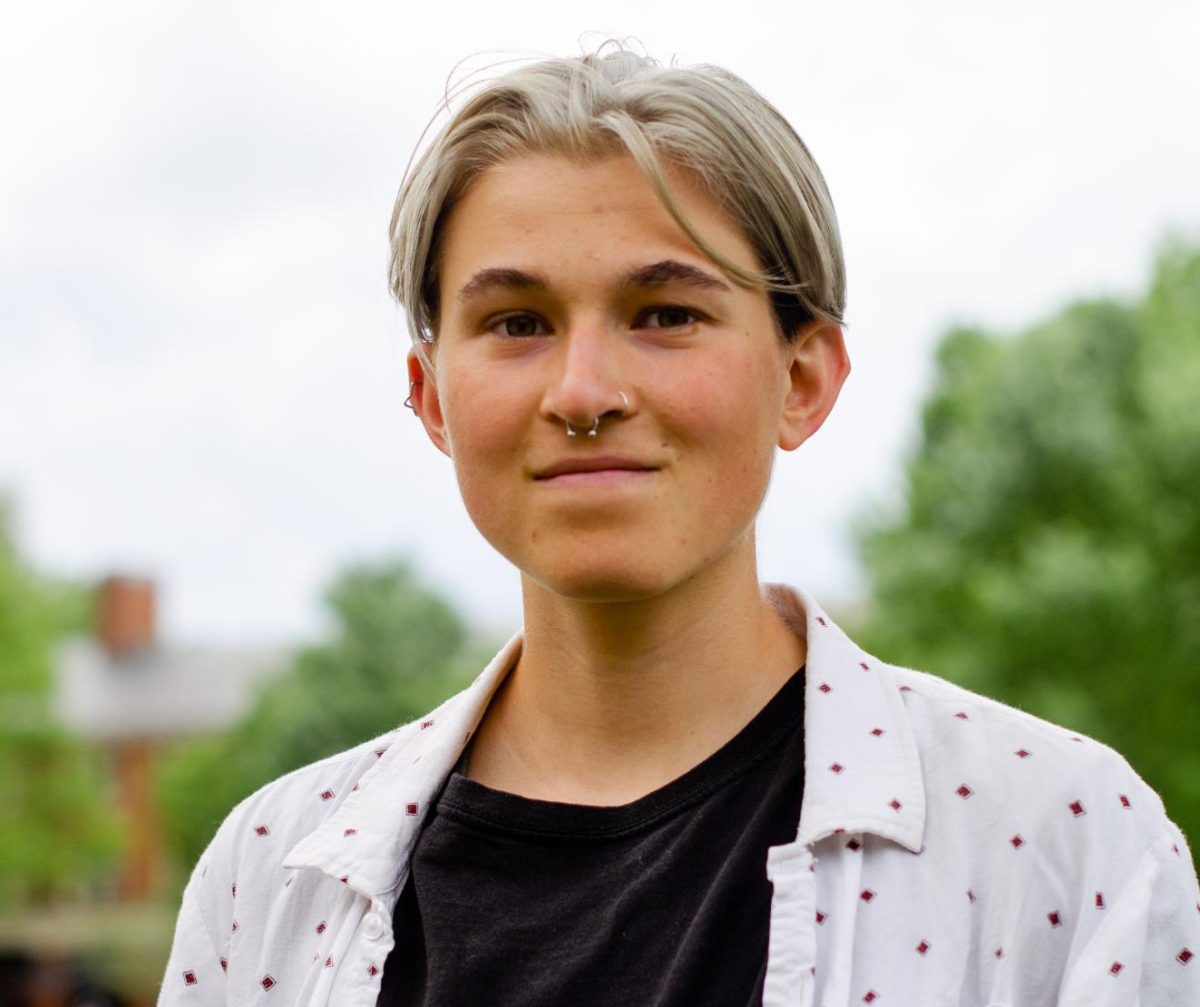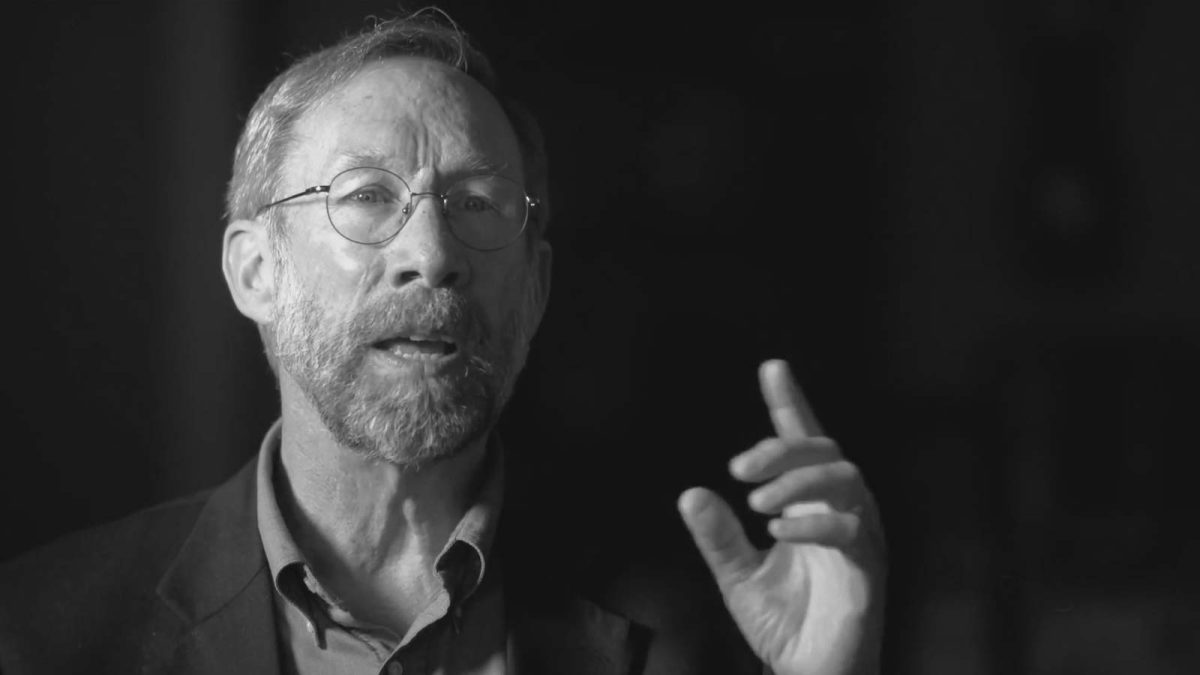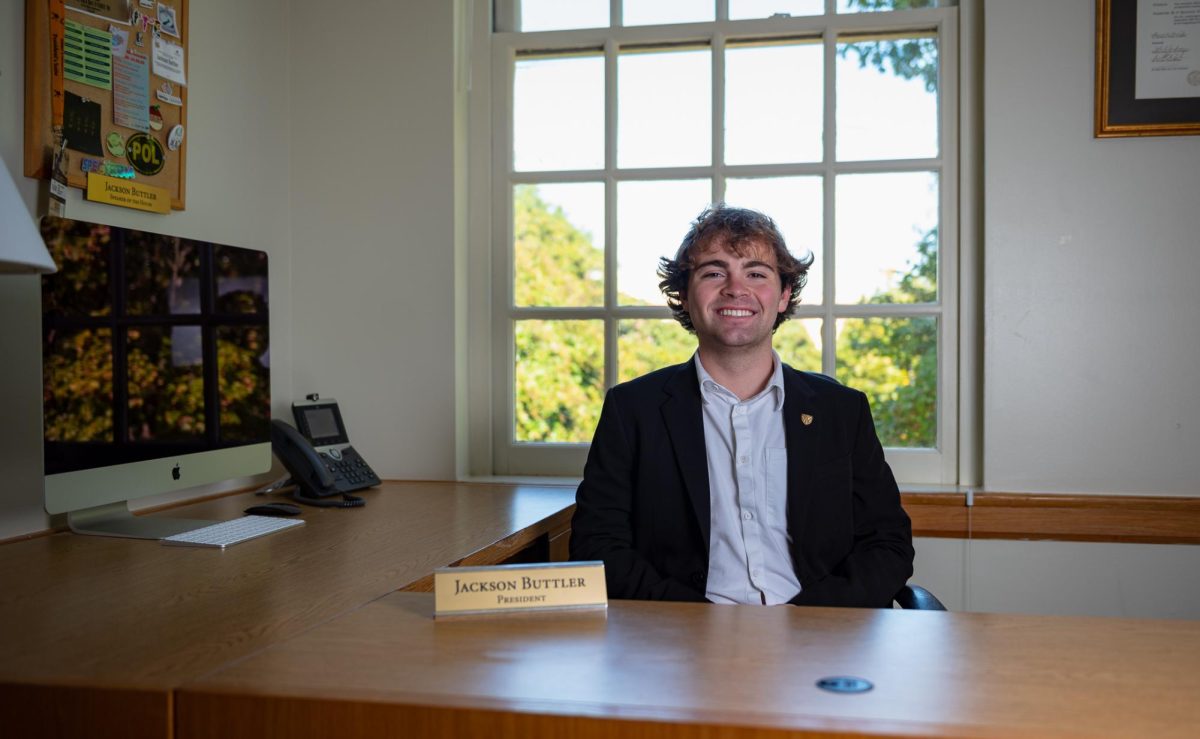Senior Zachary Bynum spearheaded the College Advocacy Summit, which was a six-hour conference that focused on advocacy and social justice for college students. Bynum was inspired to create the summit after participating in BRANCHES, a social justice retreat run by the Pro Humanitate Institute (PHI).
Outside of his work planning BRANCHES, Bynum is also a PHI Scholar and a member of the Black Excellence Committee.
Why did you plan the College Advocacy Summit?
I planned the College Advocacy Summit because I have been involved in the planning of BRANCHES Social Justice retreat for the past two years and [have been a] member of the retreat for the past four years. Every year, students have tons of critiques and suggestions on how to improve the curriculum and operation of the retreat, so I wanted to create a conference where we center student voices as we explore different topics in social justice that a three-day retreat just simply cannot accommodate.
How did the role of activism in your life help you plan this event?
Activism that I’ve done on campus and in the greater community has helped me develop a passion for organizing. Through organizing, I always try to channel the many lessons I’ve learned about building connections, power-mapping, being intentional in my work and trusting the process.
Did the event produce the results you were looking for?
Absolutely. I was especially pleased by the students who came from off of campus and were so willing to be a part of this “experiment,” given that it was the first summit of its kind. I was especially moved by the keynote speaker, Zyanha Bryant. She’s the student activist in Charlottesville who organized to take down the Robert E. Lee statue who was in Teen Vogue and Huffington Post literally two days after the conference for organizing a racial justice walkout in her school. She discussed a lot of meaningful ways of addressing white supremacy in our schools, which is an issue that is currently impacting Wake Forest’s campus. She also was big on advocating for more resources to be allocated to the efforts of black women and queer people of color in their own organizing.
What else have you done on campus related to social justice?
In my first two years of being a student at Wake Forest, I was involved with campus activism here and there, often just being a member of student organizations like Students for Liberation and BRANCHES. Then, I got more involved with political organizing and social justice education through organizations like Democracy NC, Freedom School and the Anna Julia Cooper Center.
How do you think community works within activism?
I like to lean on the words of one of my professors when I think about this question: “Ida B. Wells documented lynching for nearly 30 years, and she still didn’t end racism.” But what she did do was help spark the coalescence of scholars, activist, organizers and communities into a movement of people that were all dedicated to social justice. What that says to me is that while activism is always important and impactful, whether there’s one or one hundred people doing it, it is sustained and supported through communities and networks that can help continue the mission and goals at hand.
How do you incorporate activism into your daily life?
I honestly don’t think I do, and I am starting to accept that that is okay. Activism is tough, disheartening, and it can even feel unimpacftul sometimes, so constantly trying to hold myself to that stringent standard can be dehumanizing and disingenuine to myself and those around me. What is more important to me is developing my moral ethos, so that I can continuously channel this in the activism and the work that I do.

